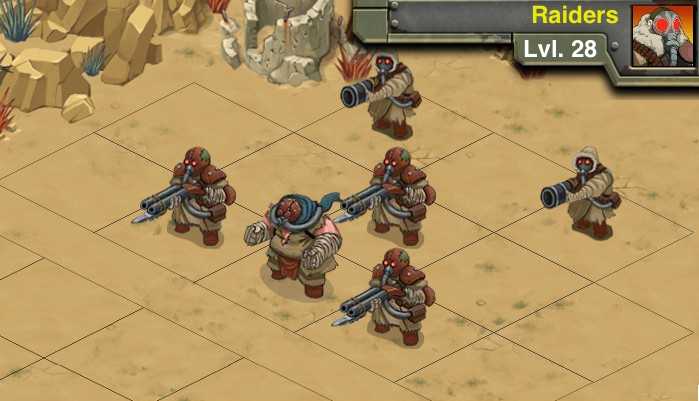

When put together with in-game options that allow for peaceful economic races, Rise of Nations comes across as what Civilization would look like when played in real time. While diplomacy – whenever possible – provides opportunities for setting up alliances that can turn the tide of a match to your favor. Constructing “Wonders” like the Pyramids, Terracotta Army or Statue of Liberty meanwhile provides strong bonuses and a higher chance of scoring a cultural victory. Trade, whether through caravans or rare resource merchants, is strongly encouraged as it provides wealth vital to sustaining both your nation’s economy and ability to wage war. These in turn provide several benefits to your fledging society, from increasing the number of cities you can build to raising your gathering efficiency to reducing costs for further upgrades for your armies and advancing to new Ages. In addition to bolstering and upgrading your military, attention’s also placed on researching civic and economic technologies as well as the sciences. To further drive the nation-building elements home, there is a greater, if streamlined emphasis on civil development. These cleverly simulate the idea that you’re not just forging (and protecting) a base but a full-fledged civilization. In addition, they can be used aggressively through attrition, an upgradable ability that can whittle down enemy units and even structures within your frontiers. Those boundaries can also be expanded by building cities, fortresses, and researching the appropriate technologies capturing enemy settlements can likewise do the same, though with an “assimilation” penalty making city defense all the more vital. Carried over from Sid Meier’s Alpha Centauri, these mark your country’s territory. These however are largely where the similarities end.Ī major addition to that tried-and-tested formula is the deceptively superficial introduction of national borders. And similarly to Age of Empires, the player can progress through eight “Ages” – Ancient, Classical, Medieval, Gunpowder, Enlightenment, Industrial, Modern and Information – gaining more abilities, upgrades and technological advantages in the process. There’s a basic “rock-paper-scissors” dynamic to combat, determining how effective certain unit types are to others. City centers create citizens, which serve as the player’s builders and resource-collecting workers. Playing as one of 21 distinct civilizations over several generations, you’re tasked with building a nation, dealing with neighboring realms, fighting for survival and eventually conquering the world.Īll this is conducted on variable, randomized maps in a manner that, at first glance, would be familiar to anyone who’s played RTS games in general. More specifically, the game covers about 6,000 years of it.
#Battle nations for pc professional
It went on to garner acclaim from both professional critics and strategy aficionados, spawn its own spin-off and inspire a fanbase that persists to this day.īefitting its spiritual predecessors, Rise of Nations is focused on world history. The game’s premise was in essence “ Age of Empires meets Civilization” with its own unique flavor added into the mix.
#Battle nations for pc Pc
The result was Rise of Nations, released on the PC in 2003. Reynolds, previously the lead designer for strategy classics Civilization II and Sid Meier’s Alpha Centauri, took on the challenge of creating a RTS game that succeeds in integrating elements from his previous turn-based work in a seamless, entertaining package. More often than not, attempts at it tend result in piling on as many time periods in one game as possible in the case of Empire Earth, this could even extend to adding sci-fi elements like robots.Įnter Brian Reynolds and Big Huge Games. Conveying an epic scope of the ages meanwhile – such as the Total War and turn-based Civilization series – while retaining relatively accessible gameplay tends to be a more daunting task.

When done well, as the Company of Heroes games demonstrate, it can also translate into sales.

In the realm of real time strategy, history has proven itself time and again a reliable subject matter.


 0 kommentar(er)
0 kommentar(er)
